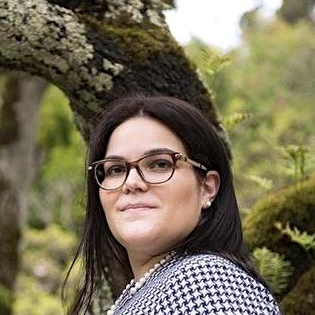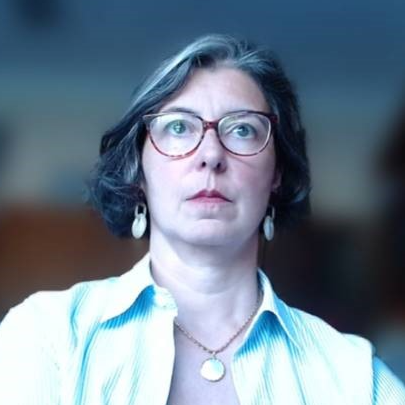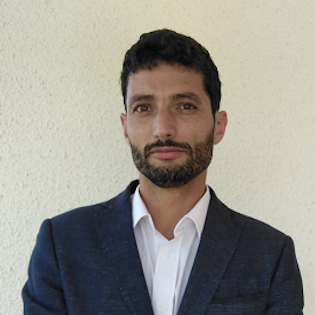
Instituto Jurídico Portucalense
Instituto Jurídico Portucalense
Gender equality has been persistently and incisively included in international rights documents, from the Convention on the Elimination of All Forms of Discrimination against Women adopted by the UN General Assembly in December 1979, followed by various Declarations of Rights and Conventions on gender issues in Europe, the Americas and Africa, to the current UN Agenda 2030 – Sustainable Development Goals and the EU Strategy for Gender Equality 2020-2025.
This growing recognition of the need to achieve gender equality calls on the whole of organised civil society to take action to give effect to the international commitments made by states, with a special appeal to universities, the most important source for producing and disseminating knowledge and experimentation.
The University of Portucalense, within the scope of its fundamental attributions (art. 3 of the UPT Statute), as well as the objectives, values and strategic vision of the Portucalense Legal Institute (IJP), understands equality as a fundamental value of the human person.
This is the context of this research project, the first step in developing actions that promote equality and non-discrimination will be to diagnose the degree of knowledge of the reality around gender (dis)equality. How can we transform a reality that we don’t know? How do you adhere to proposals for solutions to problems that you don’t know the full extent of?
The project aims to
- To know and analyse the ideas and representations of students at Universidade Portucalense regarding gender equality;
- Describe and understand what influence gender, as a category, has on the drafting of laws and on judgements and decisions;
- Understand gender inequalities in the areas of ICT, Economics and Law, and the reasons why this is the case.
- Define and implement strategies to promote and counter inequality.
Research Group Unit: Persons
sustainable development goals
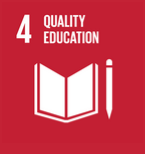
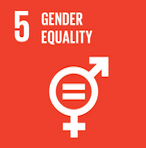
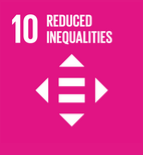
Coordinators
Team
External Members

Ana Carolina Juzo
Franca Law School (FDF, Brazil)

Cildo Giolo Júnior
Franca Law School (FDF, Brazil)

Clovis Volpe
Franca Law School (FDF, Brazil)
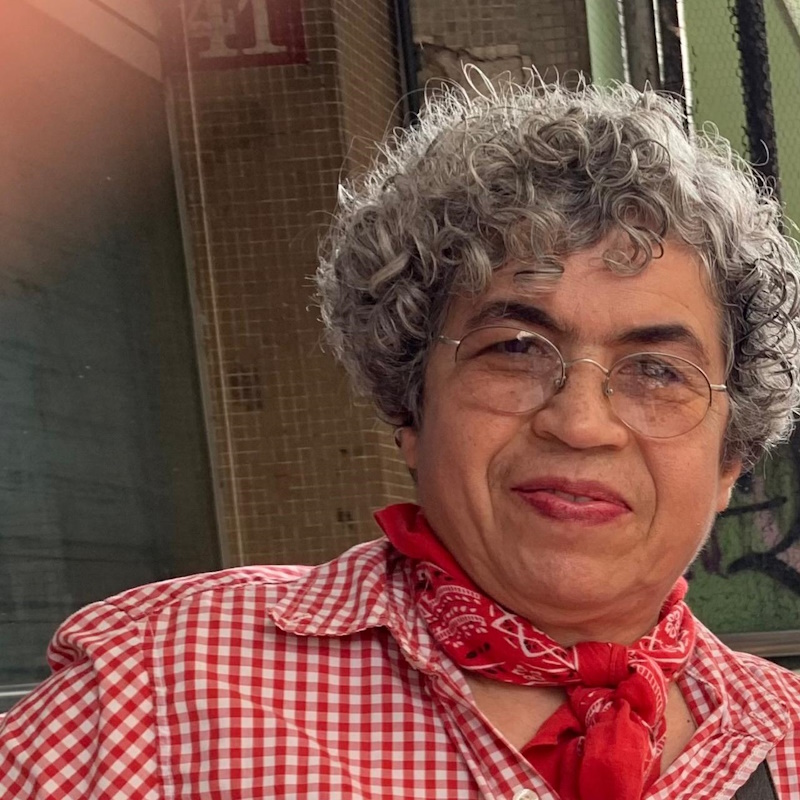
Magda Santos
Pontifical Catholic University of Minas Gerais (PUC-MG, Brazil)

María Corrés Illera
Charles III University of Madrid (UC3M)

María Luisa García Torres
Alfonso X El Sabio University (UAX)

Verónica Juliana Caicedo Buitrago
Alfonso X El Sabio University (UAX)

Yolanda Alonso Herranz
Alfonso X El Sabio University (UAX)


